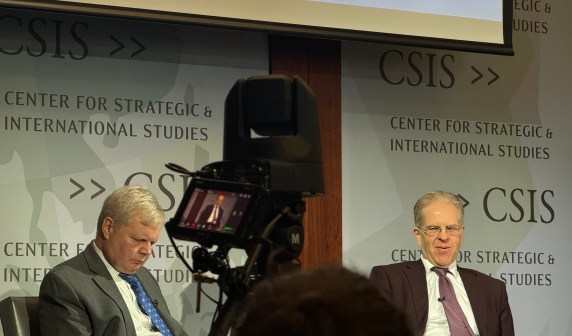The Internet of Me

The notion of identity is changing. Once considered a fixed idea, with the self a static entity, “who I am” is increasingly being seen as the sum of a constantly shifting set of data that, taken as a whole, make up whom, and how, we are.
Of course, this may always have been true, to some extent. Early humans depicted their hunts and other experiences on cave walls. Journals and letters dating back thousands of years attest to our longstanding need to document the events of our daily lives as well as our hopes, dreams, fears, passions and angsts, and to learn about ourselves in the process.
But the “self-quantification” movement — also called “lifelogging” — uses technology to provide us with a more complete self portrait than ever before — one that promises to become increasingly insightful as more devices record more details of our daily lives.
Already, wearables are working in sync with our mobile devices to take careful note of where we’ve been, where we are, and where we might be going. Apps on phones and watches keep track of our every step. Social media sites tell us where we were one year ago and what we were doing, and with whom. Other tools record our sleep, work, dietary, health, recreational and personal activities as well as our feelings, thoughts and moods.
These apps generate data not only about us, but for us. How much, and how well, did we sleep last night? How many flights of stairs did we climb? How many glasses of water did we drink? Where did we go, and how did we get there? How much money did we spend today, and what did we buy? Orwellian though it may sound, all this information offers vast potential to improve and even extend our lives.
But one of the paradoxes of knowledge is that the more we know, the more we realize how little we know. Is tracking our activities and interactions enough to truly comprehend how we are living, and to fine-tune accordingly? So many questions remain unanswered, or even unasked.
A new level
Now, though, a new kind of data gathering stands poised to fill in the gaps: sensorization, or the Internet of Things.
Sensors, chips and other forms of digitization already are turning commonplace objects into data collectors. Thermostats know how warm we keep our homes. Cars know how fast we drive, and where we go. Televisions know how many hours we watch, and when, and which shows we like.
Soon, it’s said, our homes, work spaces, and even our clothing will gather data about us, enabling us to examine our lives in minute detail.

JR Reagan writes regularly for FedScoop on technology, innovation and cybersecurity issues.
Trying to cut down on coffee consumption? You might not remember to enter every cup of coffee you drink into your self-quantification app, but that’s OK: Your coffeemaker may do it for you, telling not only how many cups it brewed for you on a particular day but also how strong the coffee was and when you drank it.
Not as productive as you want to be? Your devices, social media sites, and “consciousness-hacking” tools such as brainwave-measuring headbands may be able to help, working together to show how often you get distracted and what you’re doing, how much and how well you’re sleeping, and more.
When our objects communicate with one another and with us, they become extensions of ourselves, like another set of hands or a second brain that performs the mundane tasks, leaving our minds free to imagine, to create and to dream.
“The unexamined life is not worth living,” Socrates famously said. How, then, might the data our connected things collect and analyze, and add value and meaning to our lives today and in the future?
JR Reagan is the global chief information security officer of Deloitte. He also serves as professional faculty at Johns Hopkins, Cornell and Columbia universities. Follow him @IdeaXplorer. Read more from JR Reagan






